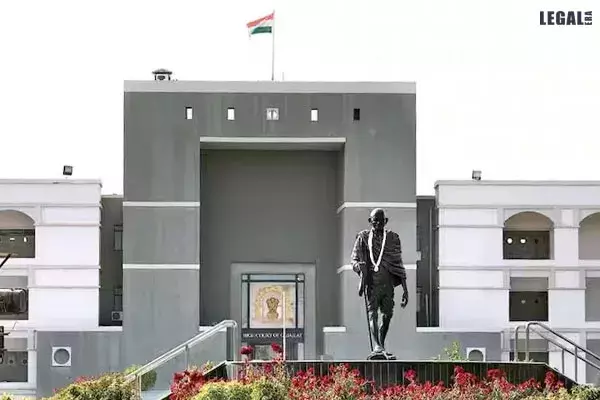Gujarat High Court Invalidates Arbitral Awards Amidst NBFC's One-Sided Arbitrator Choices
The Gujarat High Court has invalidated and annulled three arbitral awards in cases where non-banking financial companies;

Gujarat High Court Invalidates Arbitral Awards Amidst NBFC's One-Sided Arbitrator Choices
The Gujarat High Court has invalidated and annulled three arbitral awards in cases where non-banking financial companies (NBFCs) independently nominated sole arbitrators. The Court's ruling is in consonance with the position of the Supreme Court regarding Section 12(5) of the Arbitration and Conciliation Act, 1996.
Justice Bhargav D Karia noted that the Supreme Court has established that an individual with a vested interest in a dispute or its outcome is disqualified not only from serving as an arbitrator but is also prohibited from nominating someone else as an arbitrator. In each of the petitions, it is acknowledged that the arbitration clause granted the respondent NBFC the unilateral authority to designate the sole arbitrator, and accordingly, the Sole Arbitrator was unilaterally appointed, contrary to the Supreme Court's decision regarding Section 12(5) of the Act in conjunction with its Seventh Schedule.
“Therefore, even though the petitioners are required to challenge the award under Section 34 of the Act, the petitioners have been able to show exceptional circumstances and bad faith on the part of respondent NBFC to invoke the remedy under Article 226 and 227 of the Constitution of India whose ambit is broad and pervasive,” Justice Karia observed.
Drawing from the precedent set in Bhaven Construction v. Sardar Sarovar Narmada Nigam Ltd., (2022) I SCC 75, the Court affirmed that, given the extraordinary circumstances as evident in the specifics of these cases, these petitions were considered rather than directing the petitioners to seek the suitable remedy under Section 34 of the Act.
This ruling was delivered in a petition where the petitioners contested the awards issued by the Sole Arbitrator appointed by the first respondent, an NBFC. The grounds for the challenge were that the arbitration awards were made ex parte by the Sole Arbitrator and that the Sole Arbitrator could not have been unilaterally designated by the first respondent, in accordance with well-established legal principles.
The petitioners stated that they had received financial support from the respondent NBFC but were incapable of repaying the outstanding sum. As a result, the respondent instigated arbitration proceedings by designating a Sole Arbitrator to address the dispute between the parties.
During the arbitration process, the Sole Arbitrator issued a notice in three Special Civil Applications. However, the legitimacy of this notice was challenged in Special Civil Application No. 17868 of 2022. Due to the shared jurisdictional concern surrounding the competence of the Sole Arbitrator in all the petitions, the Court opted to hear them collectively. As a result, a consolidated court order was issued to resolve these cases.
The Court observed that there was a blatant breach of the principle of natural justice, as well as certain procedural flaws in how the arbitrator carried out the proceedings and issued the contested awards.
It also held that it became evident from the records that the arbitrator's approach to the case did not provide the petitioners with a fair opportunity to present evidence, especially in light of the acknowledged fact that, upon reviewing the contested awards, the issues were not properly defined during the arbitration process, and no explanations were provided for the determination of the claim amount.
The Court, therefore, concluded that it was apparent right from the beginning, starting from the appointment of the sole arbitrator, that the proceedings were tainted, and as a result, the challenged ex parte arbitral awards are not tenable.
The Court, in quashing and nullifying all three Special Civil Applications, declared that the disputed awards should be annulled. The respondent NBFC is permitted to initiate new proceedings in adherence to the established legal principles, as elucidated by the Division Bench of this Court in the Pahal Engineers case. They may appoint an arbitrator with the petitioners' consent or seek this Court's intervention under Section 11 of the Act.

